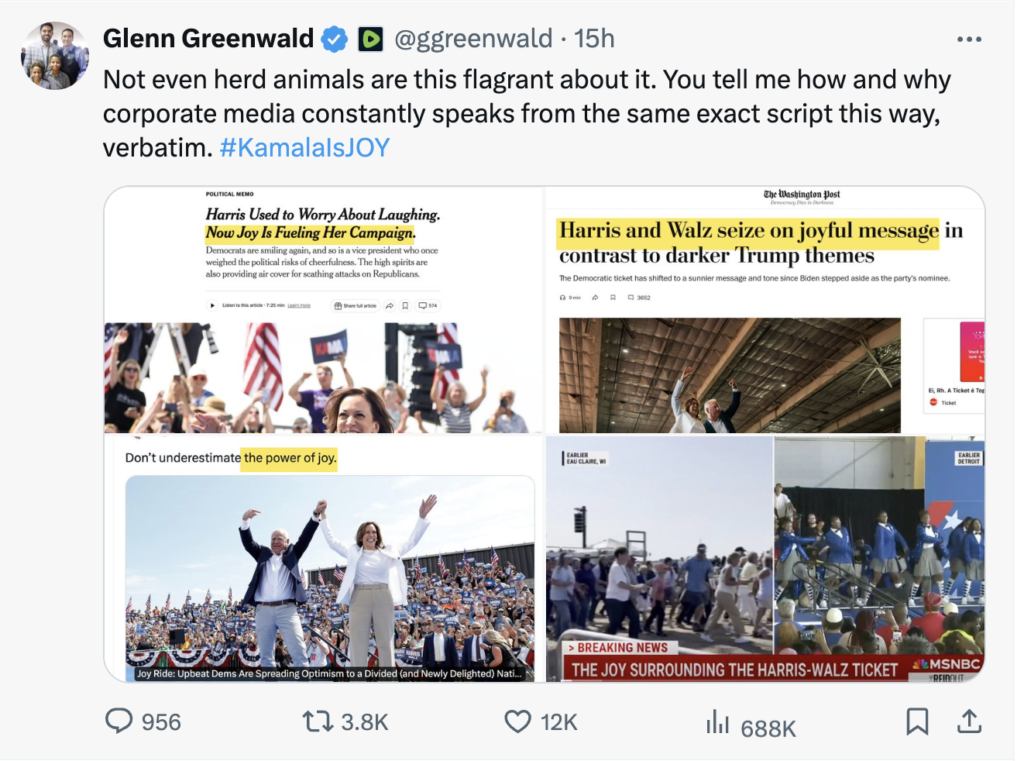Brett Weinstein Warns of the Deepening Cartesian Crisis
We should be spending a lot more time living normal lives: visiting friends, taking care of our children (and parents) and contributing positively to our communities, but we have a profound collective case of Burridan's Ass. Because advocacy is strongly prevailing over knowledge seeking, we struggle to know what is true in numerous basic ways.
Brett Weinstein warns that this problem is getting worse.
The Cartesian Crisis describes the inability to be sure of anything—scientific claims, the basic facts of historical events, the degree to which a consensus is actually accepted by others. It leads to the collapse of reason itself. But it’s difficult to illustrate with examples because in each case, people immediately get lost in making the case for their best guess at what’s true.Try spending one day resisting conclusions, and concentrating on the quality and consistency of the evidence. Our average level of certainty may be unchanged, but our reason for certainty is at an all time low. If you did this exercise once a month you’d soon know how rapidly the Cartesian Crisis is deepening.
It’s vital that we each halt our descent into this tsunami of uncertainty. Establish an unbreakable bond with someone you have good reason to trust, and discuss your beliefs and the reasons you hold them, regularly and in person. You won’t regret it.
Buridan's ass is an illustration of a paradox in philosophy in the conception of free will. It refers to a hypothetical situation wherein an ass (donkey) that is equally hungry and thirsty is placed precisely midway between a stack of hay and a pail of water. Since the paradox assumes the donkey will always go to whichever is closer, it dies of both hunger and thirst since it cannot make any rational decision between the hay and water.[1] A common variant of the paradox substitutes the hay and water for two identical piles of hay; the ass, unable to choose between the two, dies of hunger.




